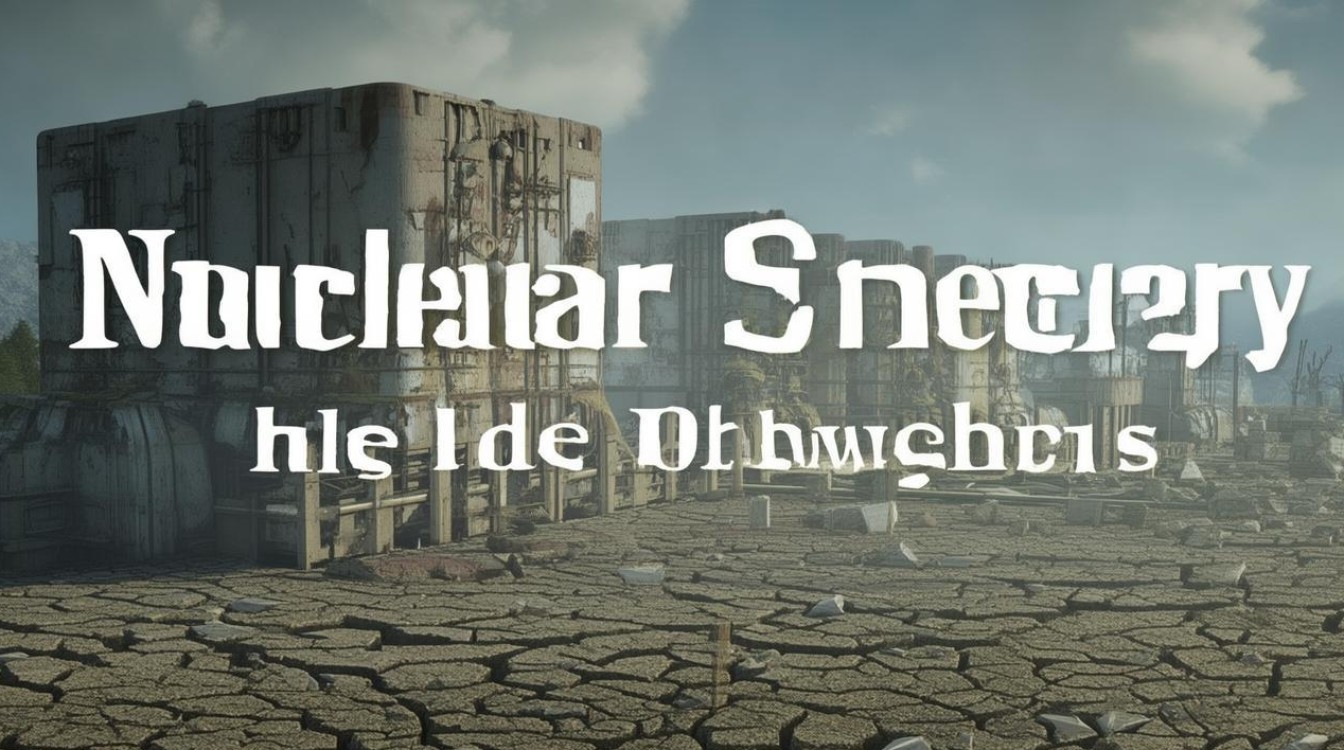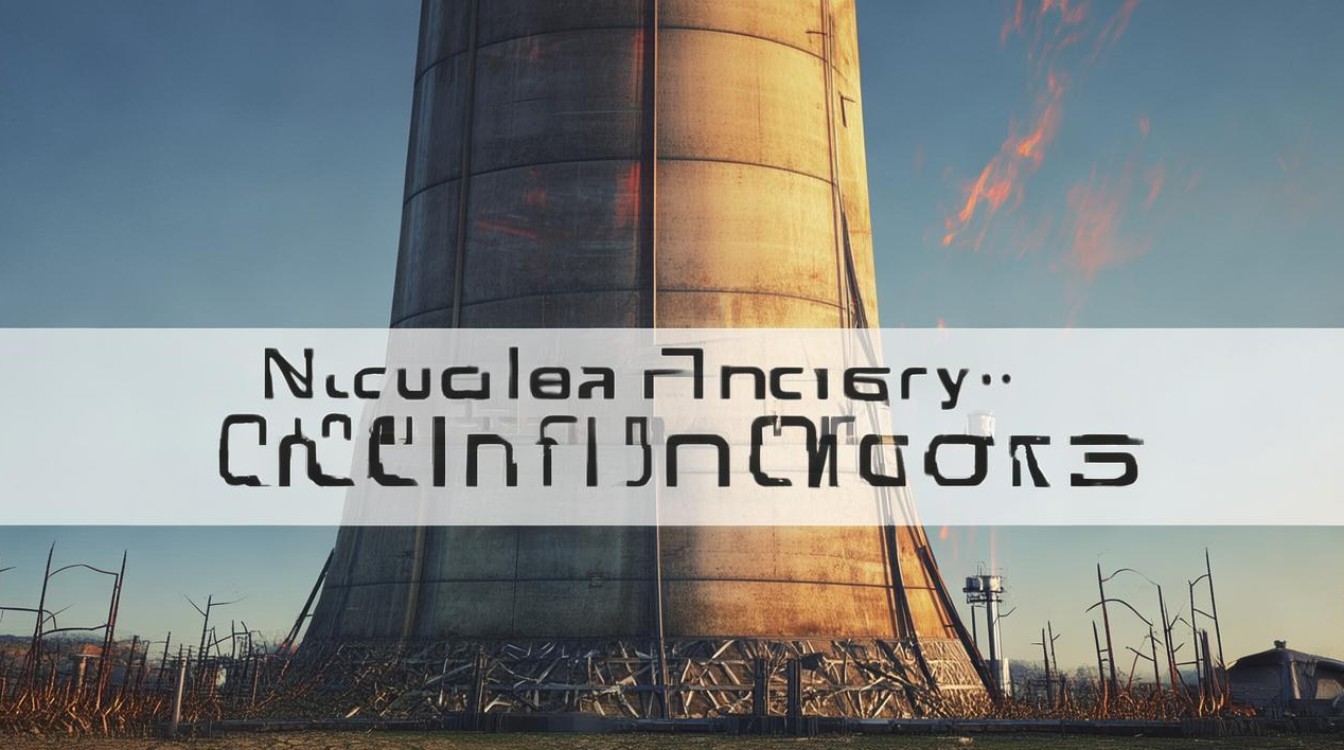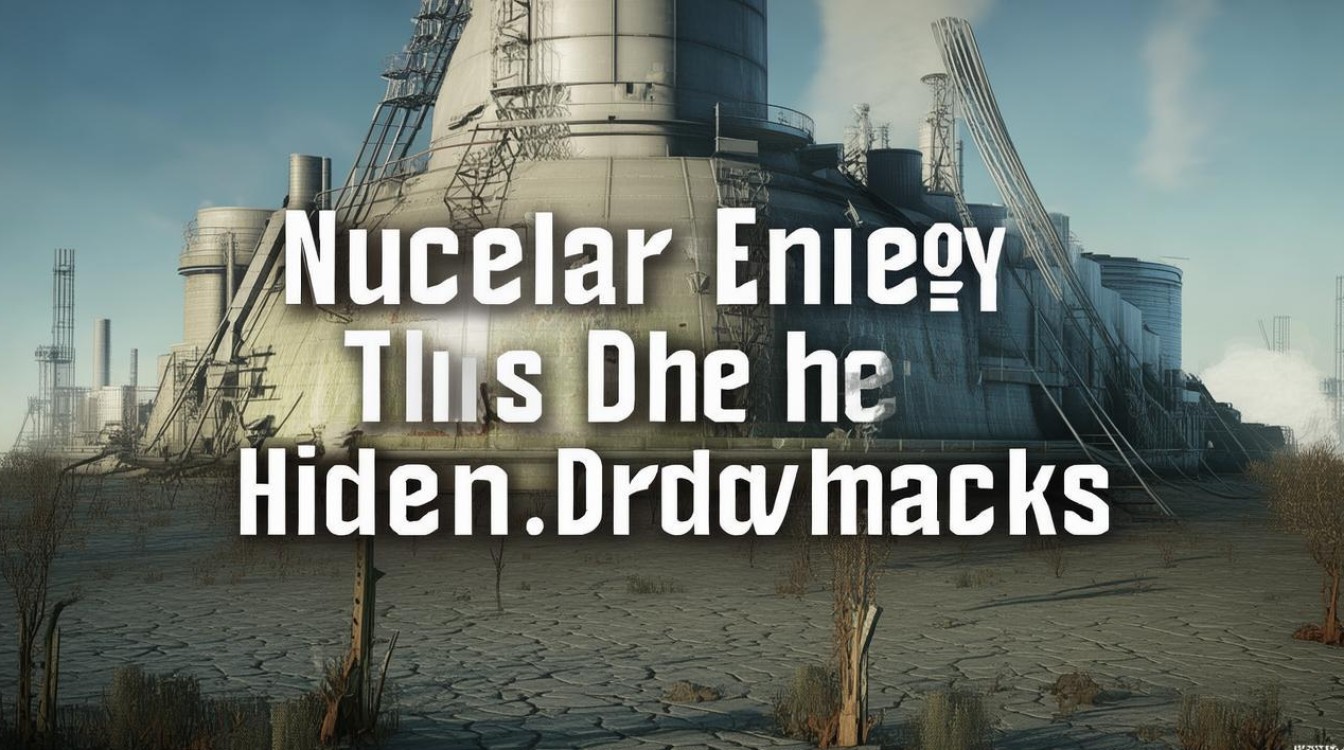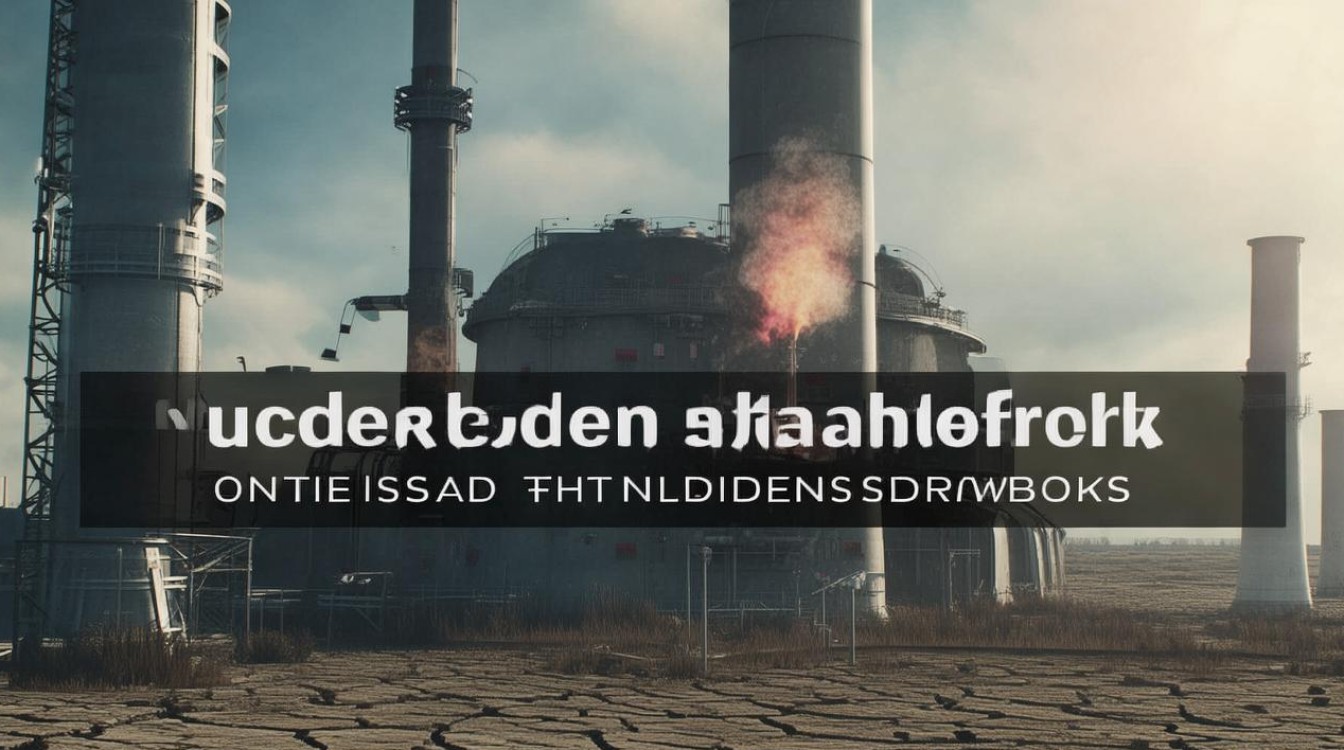Nuclear energy has long been hailed as a powerful solution to global energy demands, offering a low-carbon alternative to fossil fuels. However, beneath its promise lie significant drawbacks that raise serious concerns. While nuclear power plants generate vast amounts of electricity with minimal greenhouse gas emissions, the risks and challenges associated with this energy source cannot be ignored.

Environmental and Health Risks
One of the most pressing issues with nuclear energy is the potential for catastrophic accidents. Disasters like Chernobyl (1986) and Fukushima (2011) demonstrated how nuclear meltdowns can lead to long-term environmental contamination and severe health consequences. Radioactive materials released during such incidents can persist in ecosystems for decades, causing cancer, genetic mutations, and other illnesses in exposed populations.
Even under normal operations, nuclear plants produce radioactive waste that remains hazardous for thousands of years. Safe disposal methods are still under debate, with no universally accepted long-term storage solution. Leaks from storage facilities could contaminate water supplies and soil, posing a silent but deadly threat to future generations.
High Costs and Economic Challenges
Building and maintaining nuclear power plants require enormous financial investments. Construction often faces delays and budget overruns, making nuclear energy less economically viable compared to renewable alternatives like solar and wind. The decommissioning of old plants is another costly process, sometimes exceeding initial construction expenses.
Governments frequently subsidize nuclear projects to keep them operational, diverting funds from more sustainable energy solutions. In contrast, renewable technologies have seen rapid cost reductions, making them increasingly competitive without the same level of financial risk.

Security and Proliferation Concerns
Nuclear power plants are potential targets for terrorism or cyberattacks. A successful attack could trigger a meltdown or release radioactive materials, endangering millions. Additionally, the same technology used for peaceful energy production can be repurposed for weapons development. Countries with nuclear energy programs may face accusations of pursuing military applications, heightening geopolitical tensions.
The spread of nuclear technology increases the risk of weapons proliferation, undermining global security. International agreements aim to regulate nuclear activities, but enforcement remains inconsistent, leaving room for misuse.
Limited Resource Availability
Uranium, the primary fuel for nuclear reactors, is a finite resource. While current reserves may last several decades, extraction becomes more difficult and expensive as high-quality deposits deplete. Dependence on uranium imports creates energy security risks for countries without domestic supplies.
Unlike solar or wind energy, which rely on infinitely available natural forces, nuclear power depends on a dwindling resource. Transitioning to truly sustainable energy sources may ultimately be more practical than relying on a fuel with an expiration date.

Public Opposition and Social Impact
Many communities resist nuclear projects due to safety fears. The stigma surrounding radiation makes it difficult to secure public support for new plants or waste storage sites. Protests and legal challenges frequently delay or cancel projects, increasing costs and uncertainty.
Moreover, nuclear accidents have lasting psychological effects. Even years after an incident, affected populations suffer from anxiety, distrust in authorities, and economic decline as industries and agriculture struggle to recover. The social cost of nuclear energy extends far beyond immediate health risks.
Slow Adaptation to Renewable Competition
Renewable energy technologies have advanced rapidly, offering cleaner, safer, and more flexible alternatives. Solar and wind power can be deployed faster, scaled more efficiently, and integrated into decentralized grids. Battery storage improvements are solving intermittency issues, reducing the need for baseload power from nuclear plants.
Nuclear energy, with its long construction timelines and high costs, struggles to compete in this evolving market. Investments in nuclear may delay the transition to more sustainable systems, locking economies into outdated infrastructure.

Final Thoughts
While nuclear energy provides a low-carbon alternative to fossil fuels, its disadvantages present formidable obstacles. Environmental hazards, economic inefficiencies, security risks, and public resistance make it a controversial choice. As renewable technologies advance, the case for nuclear power weakens. A future built on safer, more sustainable energy sources may ultimately prove wiser than relying on a technology burdened by such profound risks.

